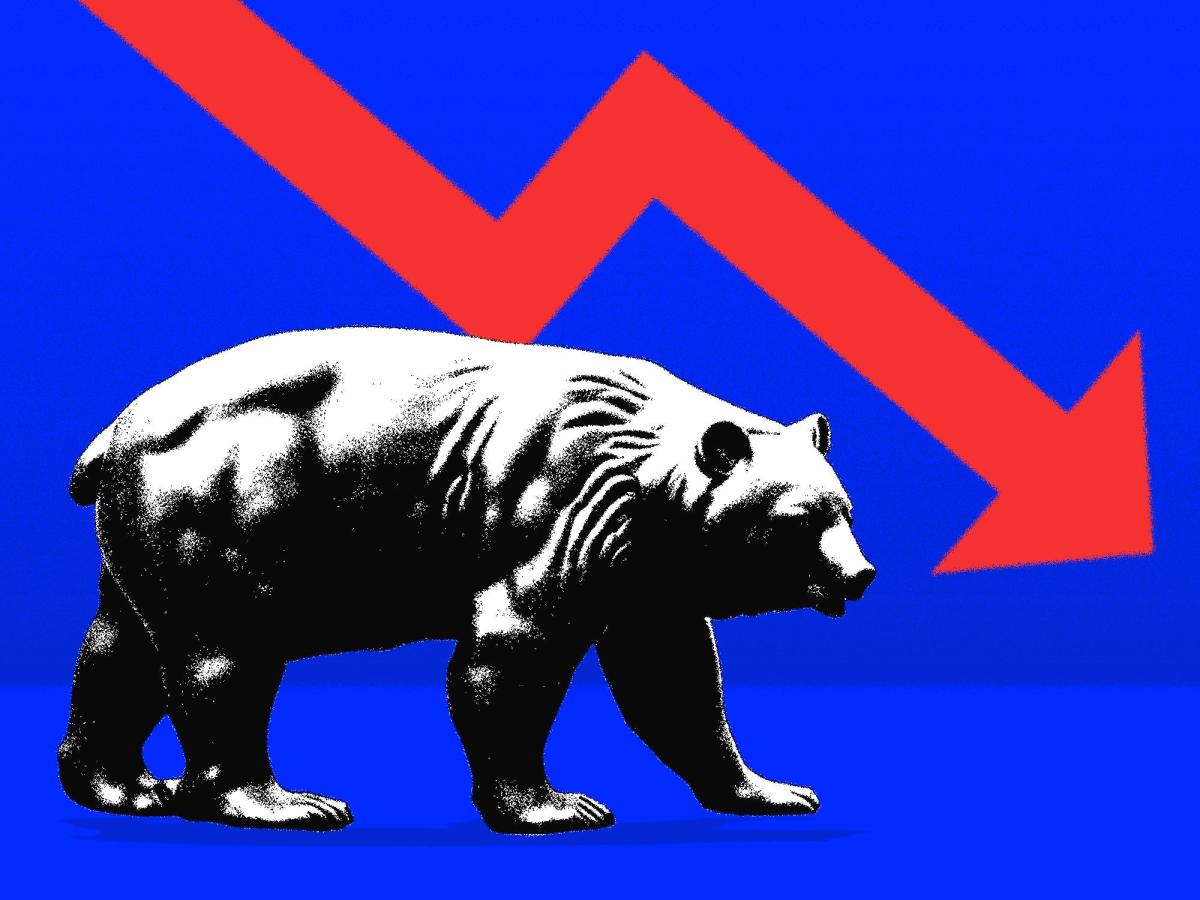-
Stock market gains will slow as key drivers like valuations and rates hit extremes, David Rosenberg said.
-
He said operating earnings would need to surge to fuel further market gains.
-
“There are few drivers left to keep the equity party going,” Rosenberg said.
The main drivers of significant stock market gains over the past three decades are nearing extremes, suggesting future returns will be significantly lower.
That’s according to economist David Rosenberg, who warned clients in a note on Wednesday to prepare for a period of limited appreciation in US equities.
“There are few drivers left to keep the equity party going,” Rosenberg said.
Rosenberg is particularly concerned about recent trends in valuations, interest rates, and taxes. According to Rosenberg, they’ve hit their extremes, which could put downward pressure on corporate earnings and, therefore, stock prices.
These are the three factors Rosenberg is worried about.
The S&P 500’s forward price-to-earnings ratio of 22.3x is more than one-standard deviation above its historical norm and represents the highest level since the height of the COVID-era tech bubble in 2021, Rosenberg noted.
Those high valuations, combined with extreme bullish sentiment that’s exceeded the levels seen right before the Great Financial Crisis, suggest to Rosenberg that there’s little room for more upside in valuations.
“There is no space for further multiple expansion,” Rosenberg said.
Higher stock market valuations would largely hinge on continued growth in corporate earnings, but Rosenberg said there are reasons to believe that’s unlikely.
Corporate tax rates have been falling for decades, boosting corporate profits and helping drive stock prices higher.
While the Trump trade hinges on potential legislation for the corporate tax rate to fall from 21% to 15%, Rosenberg thinks that is unlikely.
“A razor-thin majority in the House and already low rates mean the runway is much shorter here as well,” Rosenberg said.
With the effective corporate tax rate at 17%, Rosenberg argues that there’s little room for it to fall further, even with Republican control of the White House and Congress.
Falling interest rates have long helped fuel stock market gains, but that trend could be nearing its end.
While the Federal Reserve is cutting interest rates, they’re already near historical lows, suggesting there isn’t much room for them to fall further, especially if President-elect Trump’s agenda is inflationary.


